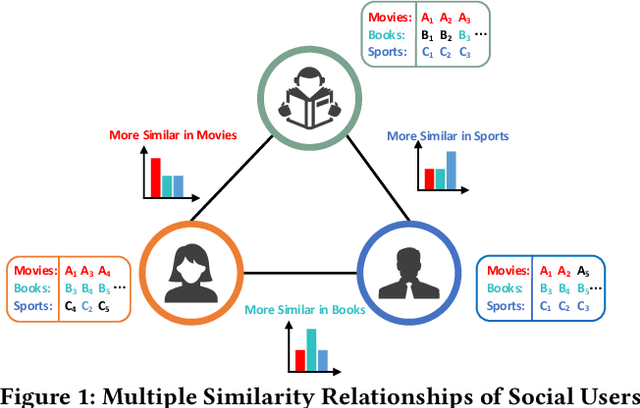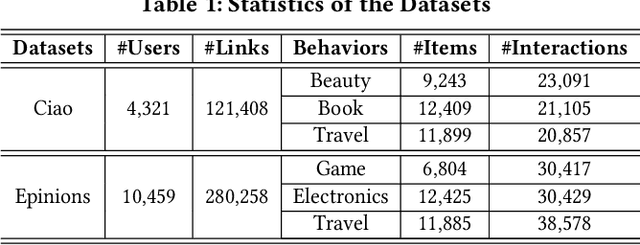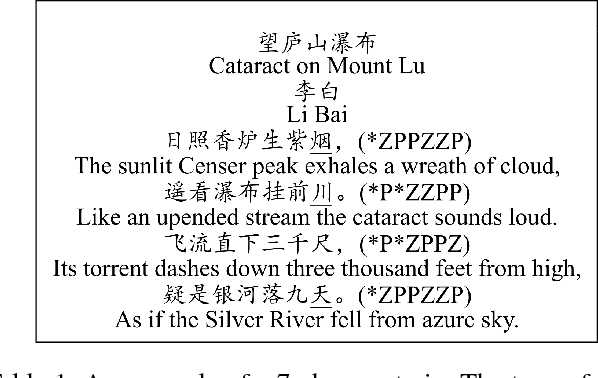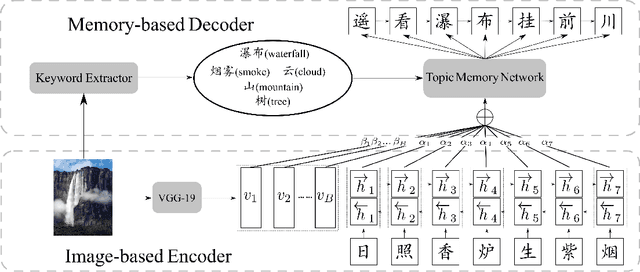Dongfang Du
MCNE: An End-to-End Framework for Learning Multiple Conditional Network Representations of Social Network
May 27, 2019



Abstract:Recently, the Network Representation Learning (NRL) techniques, which represent graph structure via low-dimension vectors to support social-oriented application, have attracted wide attention. Though large efforts have been made, they may fail to describe the multiple aspects of similarity between social users, as only a single vector for one unique aspect has been represented for each node. To that end, in this paper, we propose a novel end-to-end framework named MCNE to learn multiple conditional network representations, so that various preferences for multiple behaviors could be fully captured. Specifically, we first design a binary mask layer to divide the single vector as conditional embeddings for multiple behaviors. Then, we introduce the attention network to model interaction relationship among multiple preferences, and further utilize the adapted message sending and receiving operation of graph neural network, so that multi-aspect preference information from high-order neighbors will be captured. Finally, we utilize Bayesian Personalized Ranking loss function to learn the preference similarity on each behavior, and jointly learn multiple conditional node embeddings via multi-task learning framework. Extensive experiments on public datasets validate that our MCNE framework could significantly outperform several state-of-the-art baselines, and further support the visualization and transfer learning tasks with excellent interpretability and robustness.
How Images Inspire Poems: Generating Classical Chinese Poetry from Images with Memory Networks
Mar 08, 2018



Abstract:With the recent advances of neural models and natural language processing, automatic generation of classical Chinese poetry has drawn significant attention due to its artistic and cultural value. Previous works mainly focus on generating poetry given keywords or other text information, while visual inspirations for poetry have been rarely explored. Generating poetry from images is much more challenging than generating poetry from text, since images contain very rich visual information which cannot be described completely using several keywords, and a good poem should convey the image accurately. In this paper, we propose a memory based neural model which exploits images to generate poems. Specifically, an Encoder-Decoder model with a topic memory network is proposed to generate classical Chinese poetry from images. To the best of our knowledge, this is the first work attempting to generate classical Chinese poetry from images with neural networks. A comprehensive experimental investigation with both human evaluation and quantitative analysis demonstrates that the proposed model can generate poems which convey images accurately.
 Add to Chrome
Add to Chrome Add to Firefox
Add to Firefox Add to Edge
Add to Edge